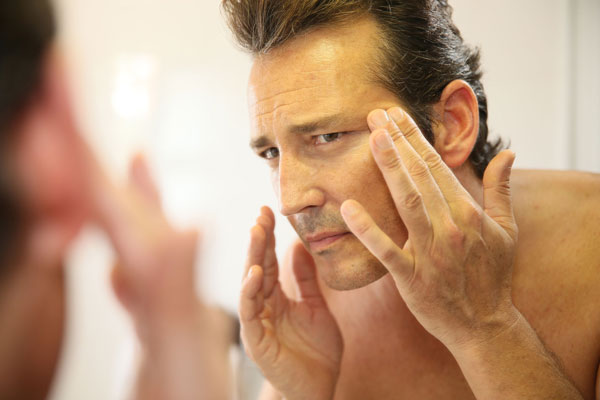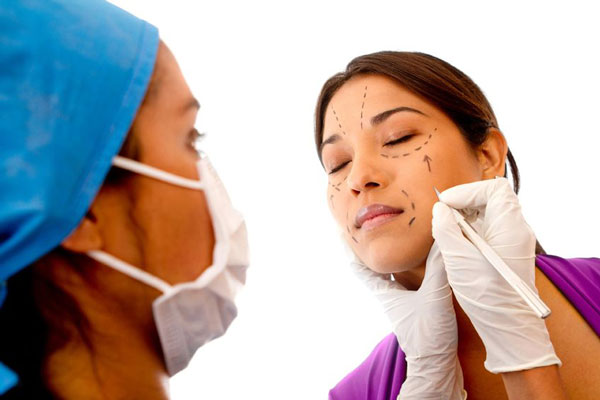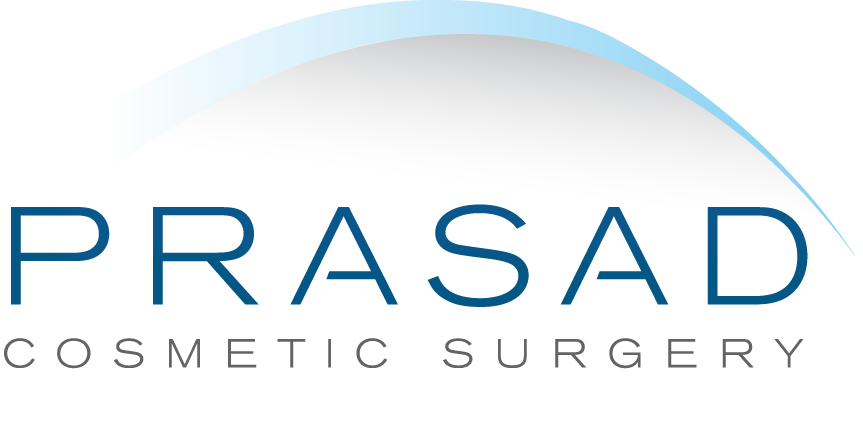Can your cosmetic concern be addressed by a lifestyle change?
During consultation, I often begin by asking about lifestyle with a focus on healthy habits. Some people find themselves focusing on aspects of their appearance without factoring in lifestyle related actions which can also help them look better. There are often certain cosmetic issues which can be improved with diet, weight management, exercise and skin care.

For example, someone who complains of excess fat under the chin or love handles may see a significant difference after a change of diet which results in weight loss. This is particularly relevant for people who are more than 10 pounds over their optimal body weight. In terms of procedures such as liposuction, ideal candidates are those who are within 10 pounds of their ideal weight.
What do you really want?

Make sure that your goals for cosmetic surgery are clear and realistic. In my opinion, the purpose of cosmetic surgery is not to change your looks, but to enhance your appearance in a natural way. If you’re concerned about the appearance of your face and looking in detail on a particular area of concern will more likely result in being able to express specifically what you’d like to address. This is more helpful to the doctor something like “I don’t like my nose.” Of course, I am asked daily by patients “Doctor, look at my face and tell me what you think I need.” I’m always ready to offer my perception as an to what features are more significant in terms of the overall facial appearance.

Nonetheless, being able to articulate as clearly as you can what bothers you helps the surgeon gain a better sense of what you want to achieve and what issues are most important to you.
Are you ready to make lifestyle changes?
After cosmetic surgery, a healthy lifestyle will continue to support and maintain the benefits of your surgery. This can include adopting a good skin care routine, protecting your skin against the sun, watching what you eat, and eliminating unhealthy habits such as smoking and excessive alcohol use. Cosmetic surgery is an enhancement of the external appearance which can be optimally sustained by taking care of your health.

What are the risks?
Like any surgery, cosmetic surgery comes with some risks. It is important that you sit down with your surgeon and discuss all the possible outcomes of your procedure so you can fully understand the risks and benefits of your planned procedure. An experienced and safety focused surgeon can minimize risk. Each surgeon is an individual with experience in specific procedures based on training and practice.

For example, as an oculoplastic Surgeon, my training was focused intensively on cosmetic eyelid surgery which is in contrast to a general plastic surgeon whose residency is typically hospital based reconstructive surgery. Understanding what specific areas your prospective surgeon is most proficient in is in my opinion a good way to lower the risks of the surgery you’re going to have. There is (in my experience) no surgeon who is great at “everything” .
Are you doing it for yourself or for someone else?

Cosmetic surgery is a very personal decision, and while there is no harm in asking for the opinions of close friends or family members, the final decision is ultimately only yours to make. Some people will undergo surgery because they feel pressured by certain people in their lives to look a certain way, or they’re trying to make someone else happy by changing an aspect of their appearance. As long as you’re excited about improving your appearance for yourself, your happiness is the only thing that matters.
